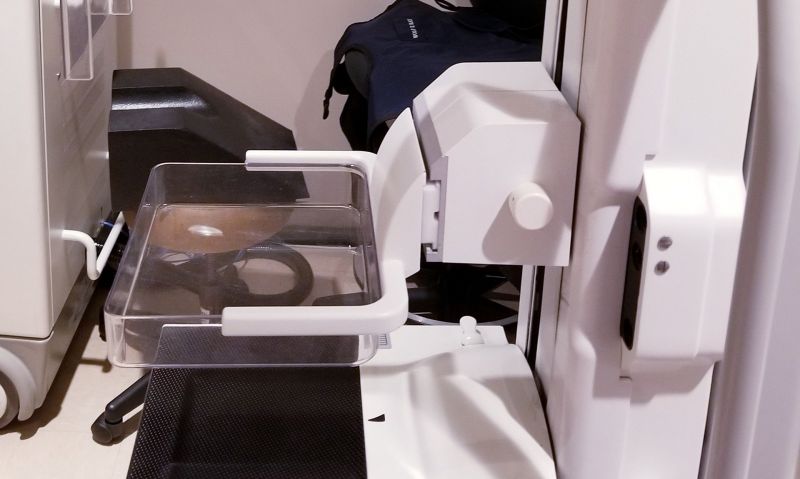
As part of the PACT Act, eligible veterans under 40 who may have been exposed to toxins can receive the life-saving screenings.
Veterans under 40 who may have been exposed to burn pits and other toxins during their service are now eligible for breast cancer risk assessments and mammograms, the Department of Veterans Affairs (VA) announced July 27.
Starting immediately, veterans are eligible for these screenings regardless of age, symptoms, family history, and whether they are enrolled in VA health care. Generally, VA follows American Cancer Society guidelines for breast cancer screenings, meaning that – aside from those covered by this new policy – most veterans become eligible for screenings and mammograms at age 40. This potentially life-saving expansion advances President Biden’s Unity Agenda and drives progress toward the goals of the Biden Cancer Moonshot.
VA is expanding eligibility for breast cancer risk assessments and clinically appropriate mammograms as a part of implementing the Dr. Kate Hendricks Thomas SERVICE Act. Dr. Hendricks Thomas was a Marine Corps veteran who deployed to Iraq in 2005, where she was exposed to burn pits. In 2018, she was diagnosed with stage 4 breast cancer. She died April 5, 2022, at the age of 42.
“We at VA are expanding breast cancer screenings for toxic-exposed veterans because early detection saves lives,” VA Secretary Denis McDonough said. “This is an important step toward making sure that breast cancer is diagnosed early, treated early, and — hopefully — sent into remission early.”
These services are available to veterans who served in:
• Iraq between Aug. 2, 1990, and Feb. 28, 1991, and since March 19, 2003.
• The Southwest Asia theater of operations, including Kuwait, Saudi Arabia, Oman, and Qatar (but not including Iraq), since Aug. 2, 1990
• Afghanistan, Djibouti, Syria, Jordan, Egypt, Lebanon, and Yemen since Sept. 11, 2001.
• Other locations and time periods as determined by the Airborne Hazards and Open Burn Pit Registry.
An end date will be decided when VA determines burn pits are no longer used in those locations.
The risk assessment is a series of questions about a patient’s toxic exposure(s), family medical history, and other risk factors to determine whether they should have a mammogram. Getting screened for breast cancer is an important part of maintaining overall health, and mammograms are the best way to find and treat breast cancer early, when there is a 99% survival rate. That’s why early detection is a central pillar of the Biden Cancer Moonshot, which is mobilizing efforts toward achieving two clear goals: to prevent more than 4 million cancer deaths by 2047, and to transform the experience of people who are touched by cancer.
Breast cancer is also a presumptive condition under the PACT Act. Veterans who are interested in the breast cancer risk assessment screenings can contact their VA primary care provider or reach out to their local VA medical center.
- Veterans Healthcare

